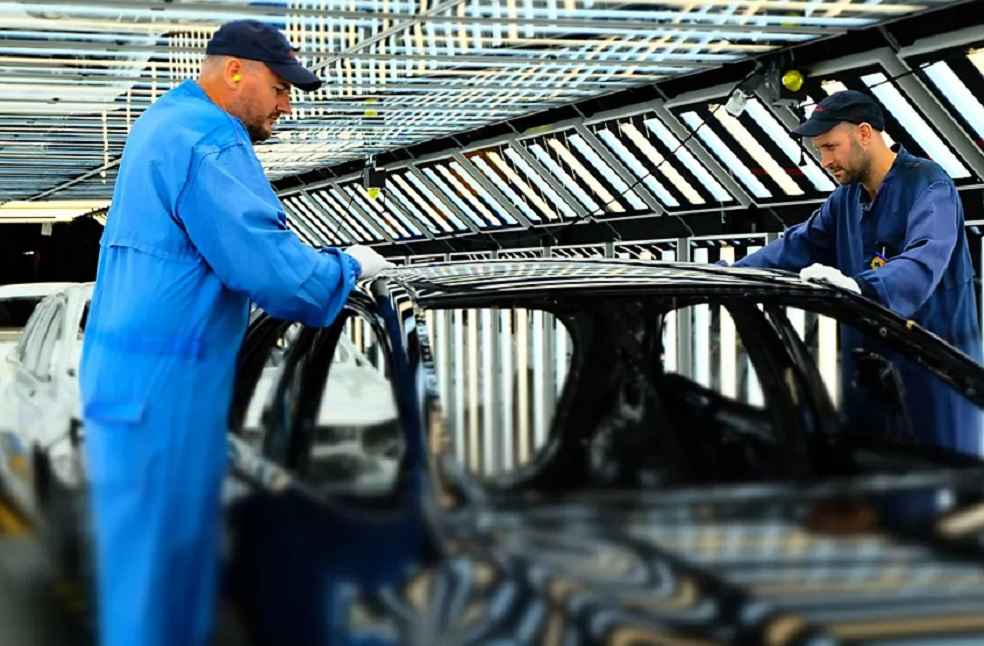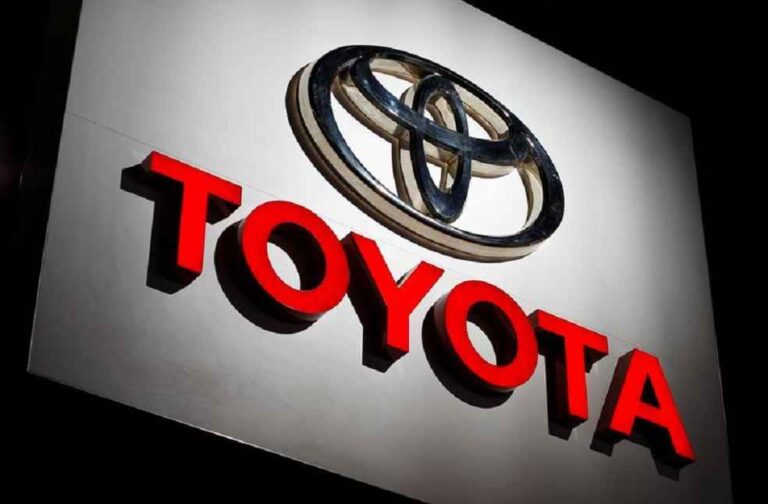Toyota has slashed its global EV production forecast for 2026 by 30%, reflecting a broader recalibration among major players. Yet, despite scaling back, Toyota continues to benefit from Japan’s investment in the EV sector, receiving billions in government subsidies aimed at bolstering battery production.
Toyota’s recalibrated approach highlights the complexity of the global EV market. While hybrid vehicle sales have surged, all-electric adoption remains uneven across regions. The company’s new plan focuses on gradual electrification, with plans to produce over 400,000 EVs by 2025 and doubling that number in 2026, pushing for a more measured transition as global EV demand fluctuates.
Japan’s government, concerned by China’s dominance in the EV battery space, has initiated substantial financial backing for domestic automakers. With $2.4 billion earmarked for battery production projects involving Toyota and other industry leaders, the country aims to secure its foothold in the EV supply chain and stave off foreign competition. South Korean automakers, gaining traction globally, further amplify the urgency of Japan’s efforts.

Minister of Economy, Trade, and Industry Ken Saito emphasized that these moves are designed to enhance Japan’s competitive edge in the global battery race, particularly as South Korea’s automakers race ahead with innovative EV technologies.
Volkswagen, once the pioneer of the electric pivot, is now facing potential factory closures and severe spending cuts due to plummeting demand in Europe and waning influence in China. Chinese manufacturers, known for their competitive pricing and superior technology, are proving formidable challengers, disrupting the current state of Western automakers.
In the United States, many auto giants are taking a more cautious approach to EV rollouts, waiting for clearer signals from trade policies and the upcoming presidential election. Decisions made in Washington could heavily influence the future of EV investments, as the outcome may alter the future of the world’s second-largest auto market.

South Korea, home to some of the most advanced EV manufacturers, has also stepped up efforts to regulate the safety of electric vehicle batteries. After a series of battery fires, the government now mandates full transparency from automakers regarding battery suppliers and manufacturing methods. This push for safety comes as more Koreans adopt electric vehicles, especially within high-density residential areas where battery safety is a growing concern.
The government also plans to fast-track the certification of EV batteries, ensuring that safety standards are met before issues arise. The move is aimed at alleviating public concerns while maintaining the momentum of South Korea’s EV sector.
Traditional automakers, once dominant forces, are now being challenged by Chinese manufacturers and a rapidly evolving EV market. As Toyota scales back its ambitious EV goals and Volkswagen faces mounting pressure, the issue is becoming increasingly complex.
The coming years will test which companies can navigate this challenging period, balancing innovation, costs, and shifting demand. The future may be electric, but the road to get there is far from clear.
NEW LAUNCH | Horse Partners with Marcopolo to Develop Volare Attack 9 Hybrid Microbus





